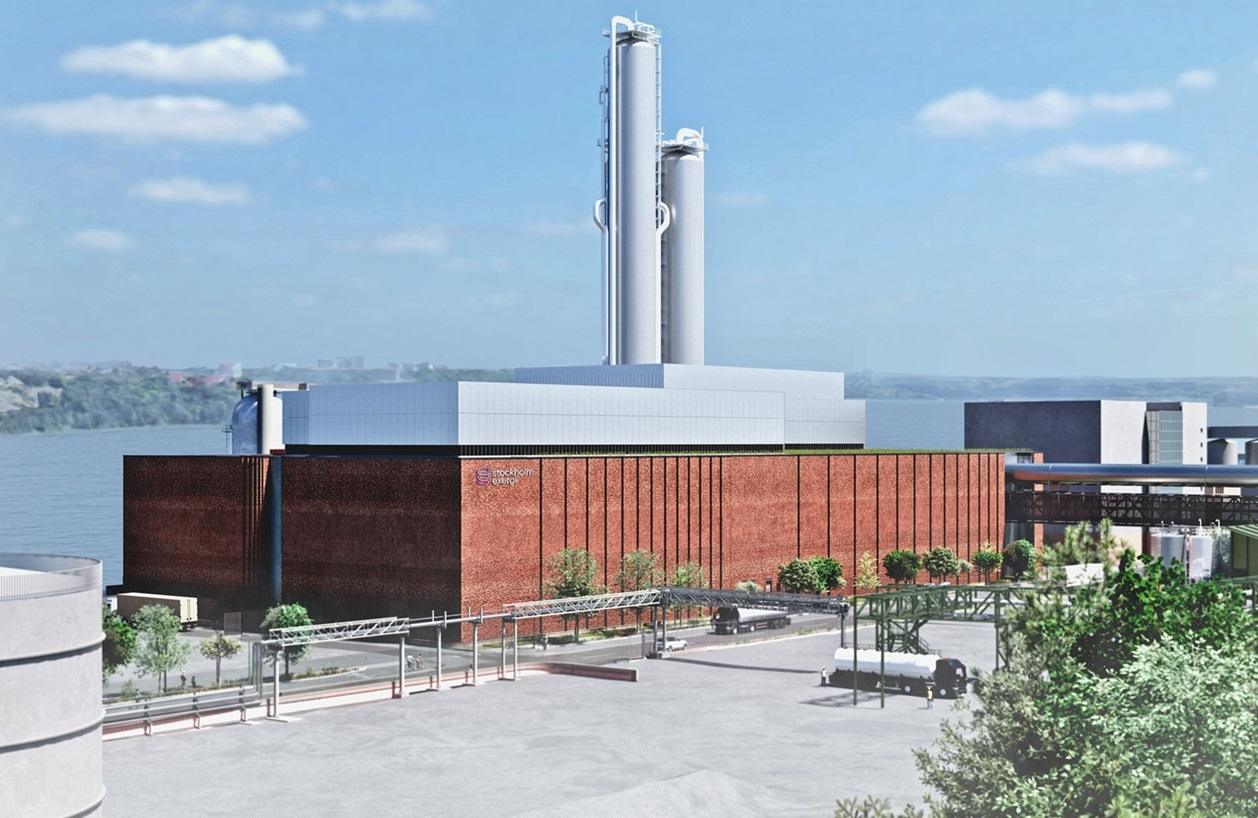SBTi Raises the Bar for Companies Setting Science-Based Climate Targets
The Science Based Targets initiative (SBTi), one of the key organizations focused on aligning corporate environmental sustainability action with the global goals of limiting climate change, announced the launch of a renewed strategy today, aiming to accelerate and expand the fight against warming. As part of the strategy, the organization announced that it will soon only accept targets aligned with its 1.5°C ambition.
Founded in 2015, SBTi was formed as a collaboration between CDP, World Resources Institute (WRI), the World Wide Fund for Nature (WWF), and the United Nations Global Compact (UNGC), with the goal to establish science-based environmental target setting as a standard corporate practice.
The process of setting science-based targets through SBTi enables companies to determine the necessary emissions reductions necessary for their businesses to align with the Paris Agreement goal of limiting warming to 1.5°C, preventing the worst impacts of climate change. The organization has rapidly gained acceptance and today, achieving approval of targets by SBTi is seen as a significant milestone for companies’ sustainability efforts. To date, over 1,600 companies have engaged with SBTi to set climate-aligned decarbonization plans.
At launch, the SBTi set criteria levels for target approval for corporate climate plans to be aligned with actions consistent with 2°C scenarios. Following the release of the Intergovernmental Panel on Climate Change’s (IPCC) Special Report on 1.5°C in 2018, highlighting the impacts of 1.5°C warming and calling for a strengthened global response, SBTi raised the minimum ambition of its approval framework from 2°C to well-below 2°C, and launched the Business Ambition for 1.5°C, a campaign aimed at accelerating 1.5°C target setting.
Citing the need for a further acceleration of action on climate change, SBTi has now made 1.5°C the central ambition in its target setting framework, and starting in one year, targets not meeting this ambition will no longer be accepted.
In a statement introducing the new strategy, Alberto Carrillo Pineda, Managing Director of the SBTi, said:
“Recent SBTi research found that, despite significant progress in science-based target setting in G7 countries, no major G7 index is currently aligned with the Paris goals. Uptake also remains limited among companies in emerging economies and in sectors with higher abatement costs.
“Scaling up immediate action consistent with limiting warming to 1.5°C is our last opportunity to preserve society as we know it. The next few years are critical. That’s why we’ve launched a bold new strategy to accelerate and mainstream 1.5°C-aligned corporate targets.”
For companies that have already set SBTi-aligned goals, the initiative will encourage them to upgrade their targets as soon as possible.
SBTi also announced governance changes as part of its new strategy, acknowledging the growth and status achieved by the organization. The initiative aims to establish an independent standards board that will act as the ultimate decision-making body for key technical components of its certification framework, with responsibility to build alignments with other key climate action initiatives as well. In addition, SBTi will appoint a CEO as part of an effort to strengthen its leadership team.
Pineda said:
“We know science-based targets enable businesses to halt emissions and are a cornerstone in the race against climate change. That’s why we want thousands of companies across all sectors and geographies to set credible, science-based targets – to accelerate corporate climate action and enable us to achieve net-zero before 2050.
“There’s no time to lose. To stand a fighting chance of winning the race and keeping warming to 1.5°C, we must immediately accelerate the adoption of science-based targets, globally.”





